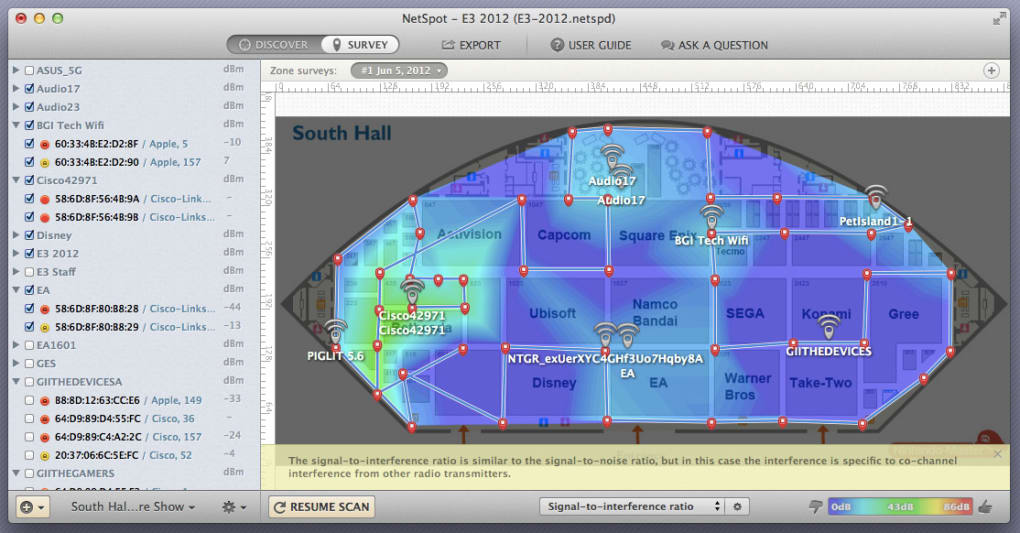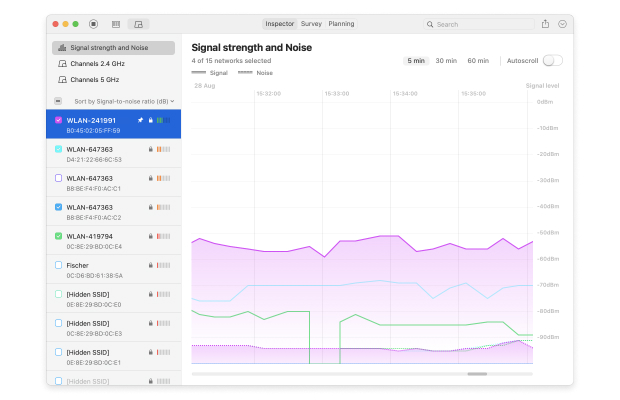

Forward-looking statements can generally be identified by words such as "potential," "can," "will," "plan," "may," "could," "would," "expect," "anticipate," "seek," "look forward," "believe," "committed," "investigational," "pipeline," "launch," or similar terms, or by express or implied discussions regarding potential marketing approvals, new indications or labeling for the investigational or approved products described in this press release, or regarding potential future revenues from such products. This press release contains forward-looking statements within the meaning of the United States Private Securities Litigation Reform Act of 1995. 5 This is why faster, accurate diagnosis is essential to offering patients the best possible outcome. 4 Because NETs can be misdiagnosed or where there is a delay in diagnosis, the tumour is likely to spread to other parts of the body. Alarmingly, of the approximately 12,000-15,000 Canadians with NETs, only 10% have a complete and accurate diagnosis. 3 The prevalence of neuroendocrine tumours (NET) is estimated at 35 per 100,000 but may be considerably higher if undiagnosed tumours are included. The increased incidence refutes the reference to these cancers as rare. These cancers are the second most common type of gastrointestinal malignancy and NETs are now the fastest growing class of cancers worldwide, accounting for approximately 2% of cancers. NETs can remain clinically silent for years thus delaying diagnosis. Neuroendocrine tumours, also known as NETs, are a group of tumours that can originate in the neuroendocrine cells of many different organs such as the stomach, intestines, pancreas, lungs and other locations. In addition, the approval reflects our ongoing commitment to the Canadian neuroendocrine tumour community, including patients, their families and the healthcare professionals dedicated to their care," said Lyndal Walker, General Manager of Advanced Accelerator Applications in Canada. "We are excited about the approval of NETSPOT ® as it offers physicians additional insight into the patient's disease burden, enabling them to optimize treatment and care.

"We applaud Health Canada in approving the NETSPOT ® kit and this innovative technology as an important adjunct to helping physicians identify the precise location and extent of the tumour and plan staging and the best course of treatment," stated Jackie Herman, President & Director of Treatment Access & Health Policy of CNETS Canada. The availability of NETSPOT ® in Canada is expected to benefit NETs patients by reducing their exposure to radiation and alleviating the discomfort they experience by lowering the amount of time to conduct the scan.

"NETSPOT ® represents an advance in diagnostic imaging that provides us with higher quality images, allowing for enhanced decision making when it comes to choosing amongst therapeutic options, potentially resulting in better patient management." Stephan Probst, Chief of Nuclear Medicine, Jewish General Hospital in Montreal. "The diagnosis of neuroendocrine tumours is often delayed by years, because the symptoms associated with NETs are also typical for dozens of other diseases and conditions," said Dr. Following this approval, NETSPOT ® will be available in Canada. This innovative technology supports a more accurate diagnosis and staging of NETs and a more tailored treatment plan. NETSPOT ® is the first and only kit for the preparation of gallium ( 68Ga) oxodotreotide injection, a radioactive diagnostic agent for positron emission tomography (PET) imaging of somatostatin receptor overexpression in adult patients with confirmed or suspected somatostatin receptor positive neuroendocrine tumors (NETs) for localizing primary tumours and their metastases. (AAA), a Novartis company, today announced that Health Canada has approved NETSPOT ® (kit for the preparation of gallium ( 68Ga) oxodotreotide injection) for the evaluation of neuroendocrine tumours ("NETs"). SAINT-GENIS-POUILLY, France, April 7, 2020 /CNW/ - Advanced Accelerator Applications S.A.


 0 kommentar(er)
0 kommentar(er)
